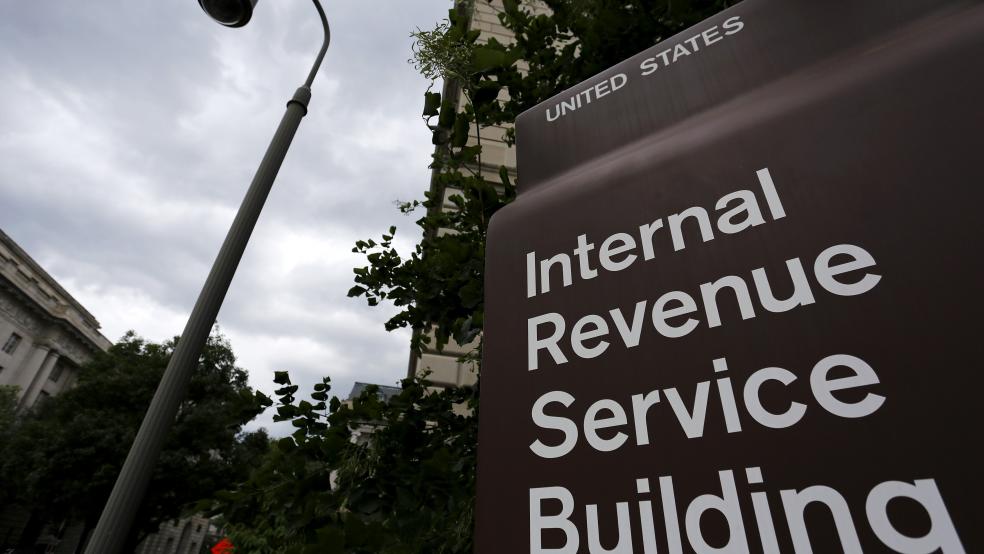Boosting the Internal Revenue Service’s budget for audits and collections would pay for itself as much as three times over, the Congressional Budget Office estimated in a report released Wednesday.
Increasing IRS funding for examinations and collections by $20 billion over 10 years would raise federal revenues by $61 billion, while a $40 billion increase would add $103 billion in revenues, CBO said.
It noted that its estimates were uncertain, but it also said the figures “only capture the direct effect of enforcement activities,” not the indirect gains that could result as taxpayers get scared straight by stepped-up enforcement.
The CBO report also describes how budget cuts over the last decade have weakened IRS enforcement and potentially helped perpetuate a yawning tax gap — the amount of taxes that go uncollected each year, mostly as the result of underreported income. The IRS estimates that the gap averaged $441 billion a year from 2011 through 2013, and narrowed to $381 billion a year as the result of IRS enforcement and collections. The current tax gap is almost certainly higher, with some estimates putting it closer to $600 billion.
IRS funding, adjusted for inflation, is 20% below where it was in 2010, according to CBO, and budget cuts have resulted in the elimination of 22% of the tax agency’s staff. Funding and staff allocated to enforcement activities have fallen by about 30% since 2010. The share of individual tax returns audited decreased by 46% between 2010 and 2018, while corporate audits fell by 37%. Audits of taxpayers with more than $1 million in income fell by 63%.
The report, prepared at the request of Sen. Bernie Sanders (I-VT), the ranking member of the Senate Budget Committee, came as a House Appropriations subcommittee advanced a spending bill for 2021 that would increase the IRS budget by about $600 million, or roughly 5%, to $12.1 billion. “The agency would receive funding increases for taxpayer services, enforcement, operations support and business systems modernization,” The Hill reports. That measure now heads to the full committee for further debate.
Sanders pointed to estimates by former Treasury Secretary Larry Summers and Natasha Sarin, a professor at the University of Pennsylvania, suggesting that at least 70% of the tax gap comes from underpayment by those with incomes in the top 1%.
“Make no mistake: the primary beneficiaries of IRS funding cuts are wealthy tax cheats and large corporations,” Sanders said in a statement. “Congress is leaving hundreds of billions of dollars in taxes uncollected from the wealthy. We have got to invest in a robust IRS that focuses on the biggest culprits of tax evasion so we can prioritize those resources to ensure people’s basic needs.”



